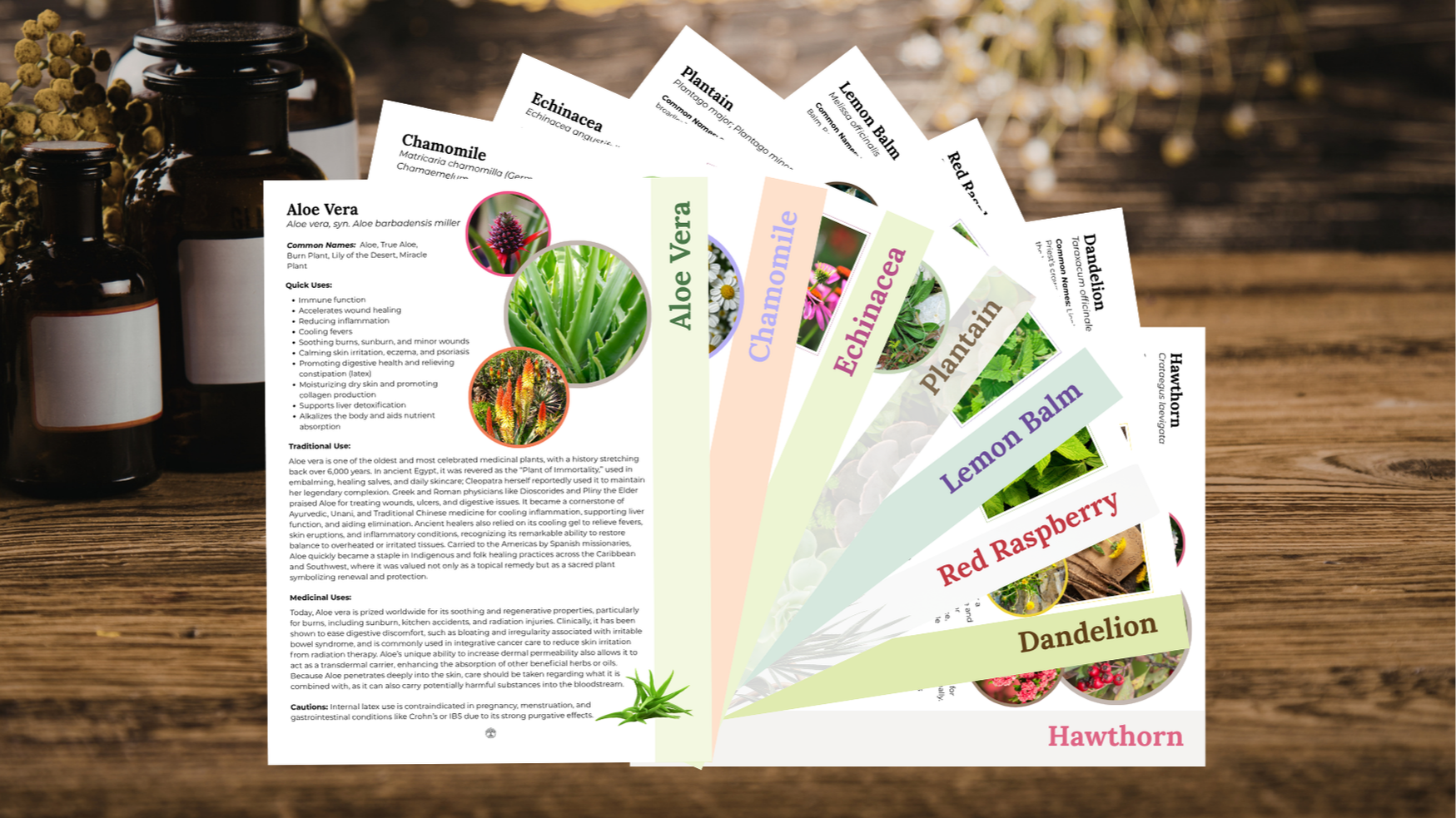
Weaving Wellness
Dec 01, 2023The more you weave, the looser things get!
Dietary fiber is a crucial component found in plant-based foods that plays a vital role in maintaining good health. There are two main types of fiber: insoluble fiber and soluble fiber.
Insoluble fiber is a type of carbohydrate that remains largely intact as it passes through the digestive system. It adds bulk to the stool and promotes regular bowel movements. Think of it as nature's broom, sweeping through the intestines and aiding in the removal of waste and buildup. This helps in reducing the risk of colon diseases by keeping the digestive system clean and healthy.
Soluble fiber, on the other hand, is digested by the body and broken down into a gel-like substance. It interacts with water to form a gel during digestion and is known for its ability to help regulate blood sugar levels. Soluble fiber is an essential food source for the beneficial bacteria in the gut, aiding in their growth and promoting a healthy gut microbiome.
Here are some key benefits of dietary fiber for health and wellness:
- Blood Sugar Regulation: Soluble fiber helps regulate the body's use of sugar, preventing rapid spikes and drops in blood sugar levels. This is particularly beneficial for individuals with diabetes or those at risk of developing it.
- Colon Health: Insoluble fiber acts as a "scrub brush" in the intestines, aiding in the elimination of waste and reducing the risk of colon diseases. Regular intake of fiber-rich foods can contribute to a healthier digestive system.
- Relief from Constipation: Certain types of fiber, like sorbitol found in some fruits such as prunes, have a mild laxative effect. Sorbitol draws water into the colon, softening the stool and promoting bowel movements, thus reducing constipation.
- Slower Digestion and Weight Management: Fiber-rich foods take longer to digest, keeping you feeling fuller for longer periods. This can help in managing weight by reducing overall food intake and aiding in weight loss.
Incorporating a variety of fiber-rich foods into your diet is essential for reaping these health benefits. Foods high in fiber include fruits, vegetables, whole grains, legumes, nuts, and seeds. Gradually increasing fiber intake and staying hydrated are essential to prevent digestive discomfort when adding more fiber to your diet. Always aim for a balanced and diverse diet to ensure you get the full spectrum of nutrients and fiber necessary for optimal health.
Kristi Taylor is a Master Herbalist, Clinical Herbalist and Natural healing Guide®. She endeavors to share her knowledge and passion of natural healing with whomever will listen – because nature’s wisdom never ceases to delight and amaze!
References
Duke, James A. The Green Pharmacy. (Rodale Press, PA: 1997).
Greger, Michael. How Not to Diet: The Groundbreaking Science of Healthy, Permanent Weight Loss. (Flatiron Books, NY: 2019).
Khalid W, Arshad MS, Jabeen A, Muhammad Anjum F, Qaisrani TB, Suleria HAR. Fiber-enriched botanicals: A therapeutic tool against certain metabolic ailments. Food Sci Nutr. 2022 Aug 26;10(10):3203-3218. doi: 10.1002/fsn3.2920. PMID: 36249968; PMCID: PMC9548355.
Ornish, Dean & Anne. UnDo It! How Simple Lifestyle Changes Can Reverse Most Chronic Diseases. (Ballentine Books, NY: 2019).



